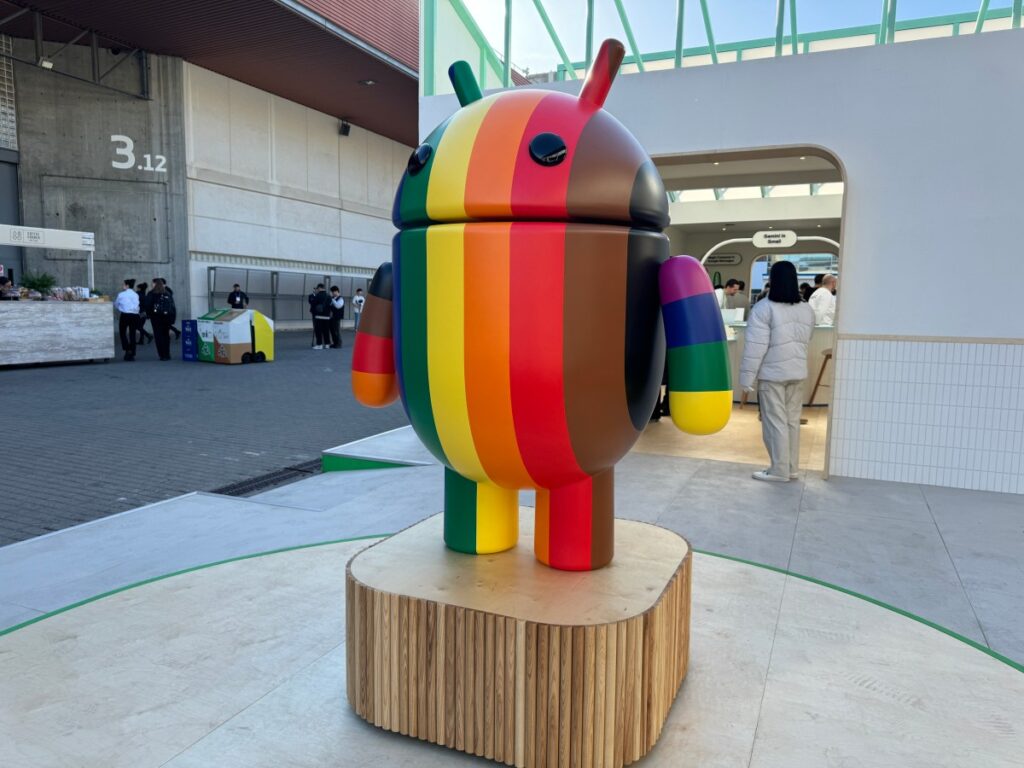Google is releasing the first developer preview of Android 16 to speed up feature rollouts in devices.
This is a major change in the Android rollout schedule as, over the past few years, Google released its first Android developer beta around Q2, with a stable release coming out post-July. With the new schedule, Android 16’s stable version will be released in Q2 2025.
Google would possibly like to reduce fragmentation, where different devices are running on different Android versions, with this move. In competition with iOS, this structure would also possibly allow device manufacturers to make core Android features available to more users quickly.
However, Google will need to make sure that the first major release of Android 16 is stable so developers could build on top of it without needing to worry about their apps breaking.
The company added that apart from releasing a major SDK version in Q2 2025, it will also have a minor SDK release in Q4 2025 with new developer APIs, possibly to release features and functionality to developers on an accelerated basis.
“We’re planning the major release a quarter earlier (Q2 rather than Q3 in prior years) to better align with the schedule of device launches across our ecosystem, so more devices can get the major release of Android sooner,” Matthew McCullough, VP of product management for Android Developer ecosystem, said in a blog post.
In terms of features, the first developer preview of Android 16 brings an embedded photo picker for apps. With this functionality, apps can ask users to get access to selected photos from both local storage and the cloud. Google first rolled out a way for users to give explicit access to certain photos from the gallery with Android 13. The new photo picker is designed to be viewed with other elements of the app for better interactivity.
Google is also releasing a developer preview of Health Connect with APIs that support health records, which means that apps can read and write medical records in FHIR (Fast Healthcare Interoperability Resources) format — a standard used for exchanging health records between different systems — with user permission.
The company announced the Google Pixel 8 series in September 2023 and the Google Pixel 9 Series in August 2024. The Pixel 9 got Android 15 treatment in October this year. It’s unclear if Google will continue with these two API release per year models for subsequent releases and how they might impact the Pixel release cycle.
“We’re committing to this cycle for 2025, but we expect to continue with additional SDK releases in future years as well,” a Google spokesperson said.
Seang Chau, VP and GM of the Android Platform, told the Android Faithful podcast in October that the company’s previous approach of point releases and API release schedule made it difficult for developers and device manufacturers to keep up. With the new release cycle, the company will release a major API change earlier in the year, and will only add APIs for the Q4 2025 release so developers don’t face any issues.
The story has been updated with inputs from Google.

